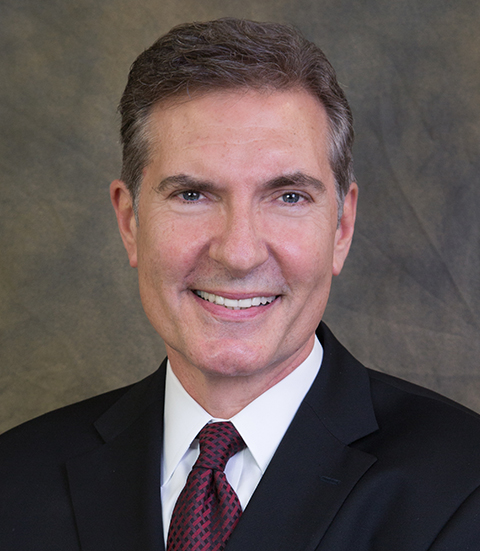58% of workers consider a side hustle to supplement income
As reports of large tech layoffs and skyrocketing mortgage rates continue to dominate news headlines, more and more U.S. workers are preparing for future economic uncertainty.
According to a recent American Staffing Association Workforce Monitor® online survey conducted by The Harris Poll, nearly eight in 10 adults (77%) say the U.S. economy is either on the road to a recession in the next 12 months (35%) or already there (42%).
As workers brace for the impact, another theme from the survey spotlights how the impact on compensation is greatest at lower income levels.
The study found that 58% of adults are likely to get a second job or “side hustle” in the next year to supplement their primary income. While the likelihood of taking on an additional role decreases with age, with 72% of Gen Z (18-25) and 67% of Millennials (26-41) considering a side hustle compared to just 30% of Baby Boomers (58-76), a majority of the workforce may be boosting their resources as inflation continues.
Moreover, in the last three months, 62% of employees noticed employer cost-cutting measures or received internal communications from management regarding a potential recession. Of these workers, 32% with household incomes of less than $50,000 annually have already experienced or heard about reductions in hours at their company.

“The effects of a recession are hitting workers across business sectors—including tech and social media companies, e-commerce, and real estate,” said Richard Wahlquist, president and chief executive officer at the American Staffing Association. “As employers focus on reducing expenses and belt tightening, workers are considering turning to second jobs or extra shifts to make ends meet.”
Survey Methodology
This survey was conducted online within the U.S. by The Harris Poll on behalf of ASA from Oct. 27–31, 2022, among a total of 2,019 U.S. adults age 18 and older, of whom 1,140 were employed. The sampling precision of Harris online polls is measured by using a Bayesian credible interval of +/-2.8%.











